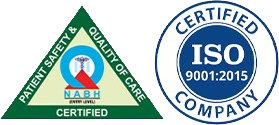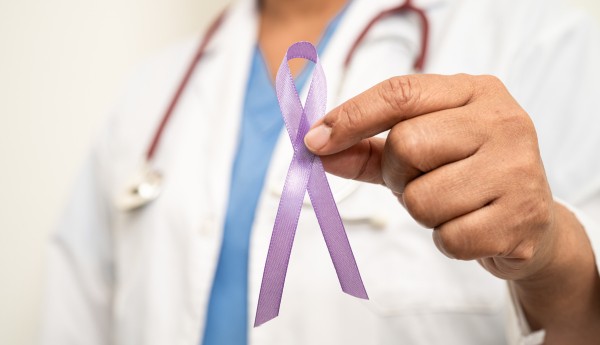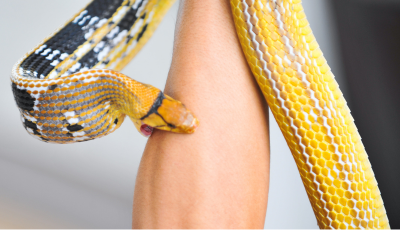First Aid for Poisoning: Quick Response Saves Lives Popular Posts...
Read MoreFirst Aid for Poisoning: Quick Response Saves Lives

Popular Posts
Precautions to Reduce Cancer Risk: Empowering Healthier Choices
Precautions to Reduce Cancer Risk: Empowering Healthier Choices Preventing Heart...
Read MoreFirst Aid for Snake Bites: Know What to Do in an Emergency
First Aid for Snake Bites: Know What to Do in...
Read MoreCategories
- Cancer
- Cardiac Care
- Children’s Health
- Diabetes
- ENT
- First Aid
- Health Emergencies
- Health Tips Health
Encountering a poisoning incident can be alarming, but knowing how to administer first aid promptly can make a crucial difference in saving lives. Whether the poisoning is due to ingestion, inhalation, or contact with toxic substances, here’s what you need to know to provide immediate assistance:
1. Assess the Situation
- Stay calm and assess the scene to ensure your safety and the safety of others.
- Identify the type of poison involved and the route of exposure (e.g., ingestion, inhalation, absorption through the skin).
2. Remove the Victim from the Source of Poison
- If the poisoning occurred in a hazardous environment (e.g., chemical spill), move the victim to a safe area away from the source of poison.
- Ensure adequate ventilation if the poisoning was due to inhalation of toxic fumes.
3. Call for Help
- Call emergency services (e.g., 911) immediately to seek medical assistance.
- Provide clear and concise information about the type of poisoning, the victim’s condition, and any relevant details about the toxic substance involved.
4. Follow Specific First Aid Guidelines
- In cases of poisoning by ingestion, do not induce vomiting unless directed by medical professionals. In some cases, vomiting can worsen the situation by causing further damage to the esophagus and airway.
- If the poison was ingested recently and it is safe to do so, encourage the victim to drink water or milk to dilute the poison and minimize its absorption into the bloodstream.
- For poisoning by inhalation, move the victim to an area with fresh air and encourage deep breathing to help clear the respiratory system.
- If the poison came into contact with the skin or eyes, immediately flush the affected area with water for at least 15 minutes to remove the toxic substance.
5. Provide Supportive Care
- Monitor the victim’s vital signs, including pulse, breathing, and level of consciousness.
- Keep the victim calm and reassured while awaiting medical assistance.
- Be prepared to administer CPR or other life-saving measures if necessary.
6. Do Not
- Do not administer any medications or antidotes unless directed by medical professionals.
- Do not delay seeking medical help, even if the victim appears to be stable. Some poisons can cause delayed or progressive symptoms that require immediate medical attention.
7. Preserve Evidence
- If possible, preserve any containers, labels, or samples of the toxic substance for medical professionals to identify and treat appropriately.
8. Stay Informed
- Educate yourself about common household poisons, toxic plants, and hazardous chemicals to prevent poisoning incidents.
- Teach children about the dangers of ingesting or coming into contact with toxic substances and encourage safe storage practices for household cleaners, medications, and other potentially harmful items.
Remember:
- Quick action is essential in poisoning emergencies. Stay calm, follow first aid guidelines, and seek medical help immediately.
- Prevention is key to reducing the risk of poisoning incidents. Take proactive measures to identify and mitigate potential hazards in your environment.
- By knowing how to respond effectively to poisoning emergencies, you can help save lives and protect the well-being of those around you.
By being prepared and knowledgeable about first aid for poisoning, you can make a significant difference in ensuring positive outcomes in emergency situations. Together, let’s stay vigilant and equipped to respond with confidence and care.




